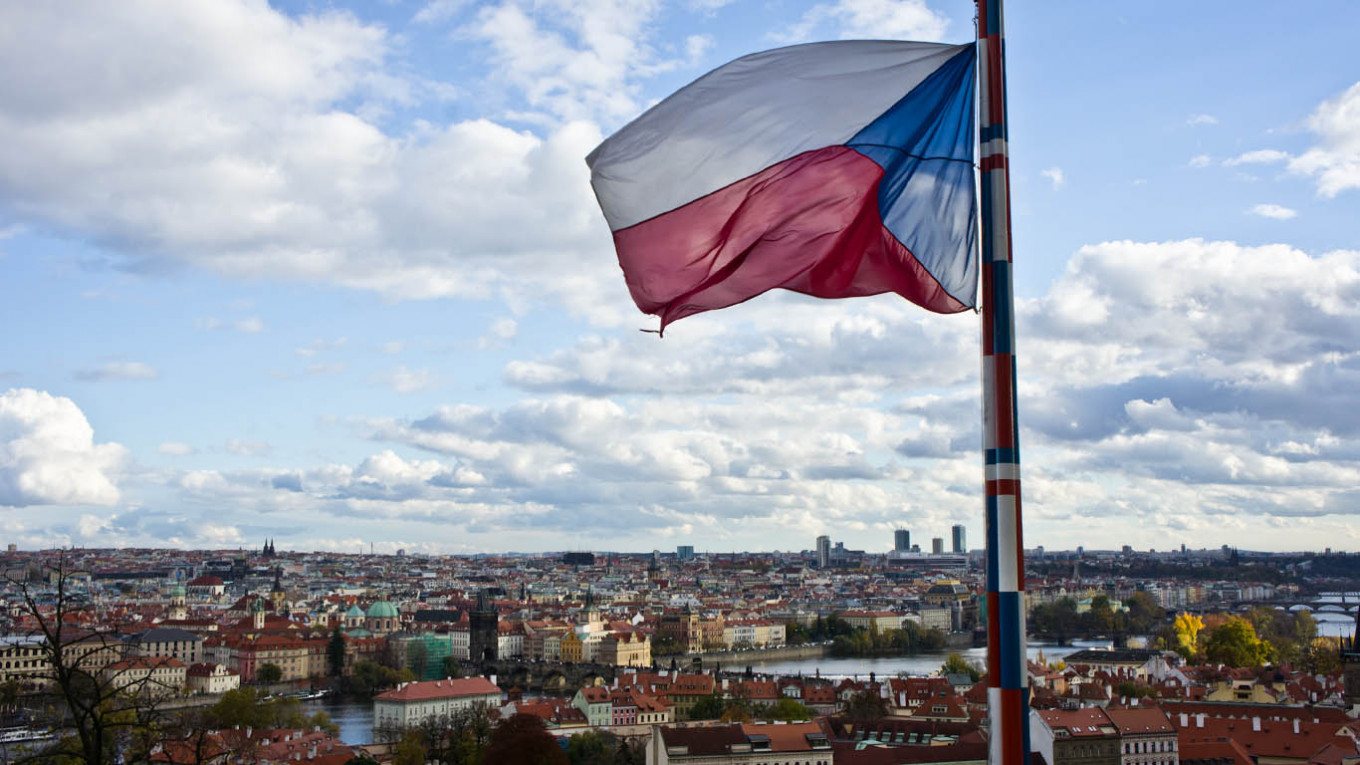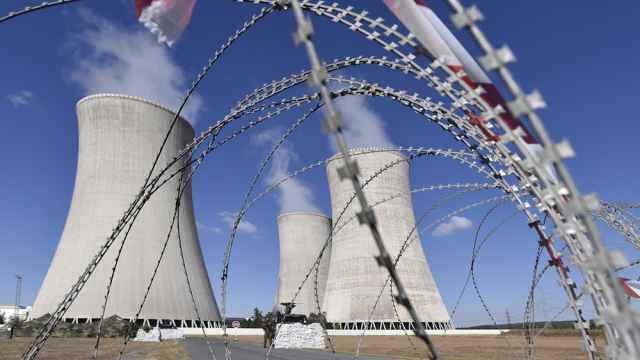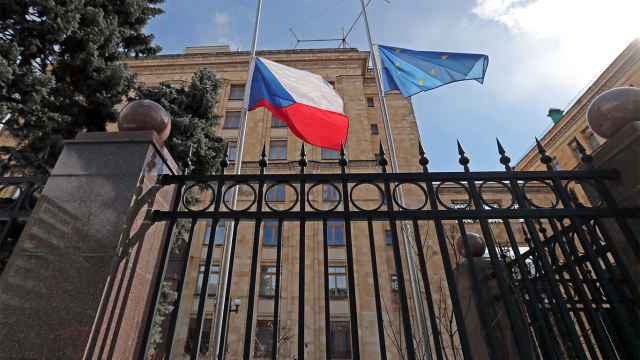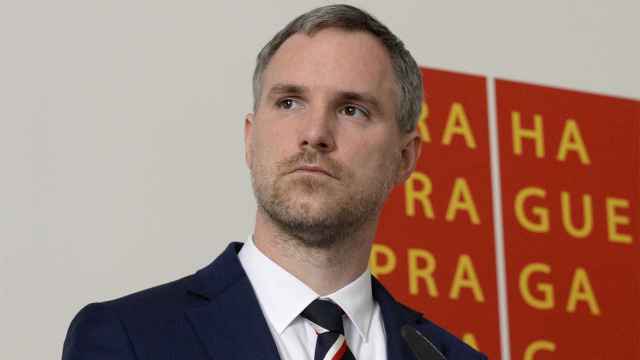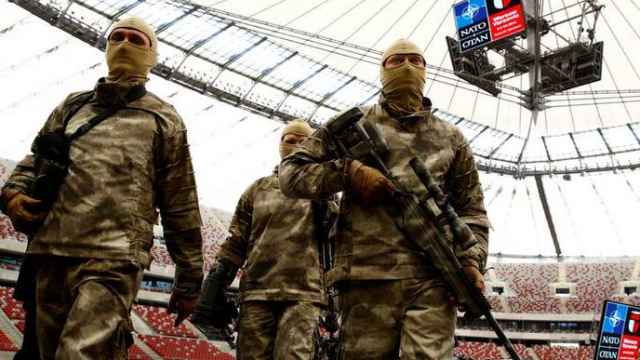The Czech Republic has expelled two Russian diplomats after a Russian embassy employee spread a hoax about a planned poison attack on three Prague politicians, officials said on Friday.
In April, Respekt newspaper cited security sources as saying that a Russian national using a diplomatic passport had arrived in Prague carrying ricin, a toxic poison that can be used as a biological weapon.
Around the same time, three Prague politicians who had each made political gestures that angered Russia were placed under police protection.
"One embassy employee sent deliberately made-up information about a planned attack on Czech politicians to BIS," said Prime Minister Andrej Babis, referring to the Czech intelligence service.
"We have adopted appropriate and adequate measures and declared two embassy staff personae non gratae."
The case further soured already tricky relations between Prague and the Kremlin, with Russian Foreign Ministry spokeswoman Maria Zakharova saying in April that the Respekt report was "misinformation" and "sick fantasies."
The Russian embassy in Prague dismissed the expulsion on its Facebook page as "provocation."
"Based on ungrounded accusations in the media from the beginning, this hostile step shows Prague is not interested in normalizing Russian-Czech relations, which have recently degraded, for which we cannot be blamed," the embassy said.
'Cheap thriller'
One of the three politicians named in the hoax, Ondrej Kolar, had spearheaded the April removal of a Cold War-era statue dedicated to Soviet general Ivan Konev — a hero to many Russians but a symbol of Soviet-era oppression to many Czechs.
Another of those targeted, Prague mayor Zdenek Hrib, supported renaming the Prague square where the Russian embassy is based after Boris Nemtsov, a Russian opposition leader murdered in 2015.
And the district run by Pavel Novotny, the third politician mentioned in the hoax, installed a memorial to the so-called Vlasov Army — Red Army defectors who helped to liberate Prague in May 1945.
Mikhail Bryukhanov, head of the Russian Foreign Ministry's international cooperation agency Rossotrudnichestvo, said both of the expelled diplomats were its employees.
Speaking to the state-run RIA Novosti news agency, Bryukhanov said one was Andrei Konchakov, the interim head of Rossotrudnichestvo's Czech branch.
Czech media have previously said Konchakov had arrived in Prague in March, suggesting he was the supposed man with ricin in his suitcase.
"The Czech Republic has invented this 'ricin scandal,' a mean story out of a cheap thriller.
"The decision is absolutely unjustified and it obviously won't help relations between the two countries," Bryukhanov said.
Babis cited intelligence information as showing the hoax was the result of infighting at the Russian embassy.
"Besides burdening our security forces, (the employee) caused further complications in Czech-Russian relations and harmed the good reputation of the Russian Federation in the Czech Republic," said the billionaire populist prime minister.
Foreign Minister Tomas Petricek said Russia's approach had left his country with no option other than to expel the diplomats "even though we're aware of the expected reciprocal steps."
A Message from The Moscow Times:
Dear readers,
We are facing unprecedented challenges. Russia's Prosecutor General's Office has designated The Moscow Times as an "undesirable" organization, criminalizing our work and putting our staff at risk of prosecution. This follows our earlier unjust labeling as a "foreign agent."
These actions are direct attempts to silence independent journalism in Russia. The authorities claim our work "discredits the decisions of the Russian leadership." We see things differently: we strive to provide accurate, unbiased reporting on Russia.
We, the journalists of The Moscow Times, refuse to be silenced. But to continue our work, we need your help.
Your support, no matter how small, makes a world of difference. If you can, please support us monthly starting from just $2. It's quick to set up, and every contribution makes a significant impact.
By supporting The Moscow Times, you're defending open, independent journalism in the face of repression. Thank you for standing with us.
Remind me later.


